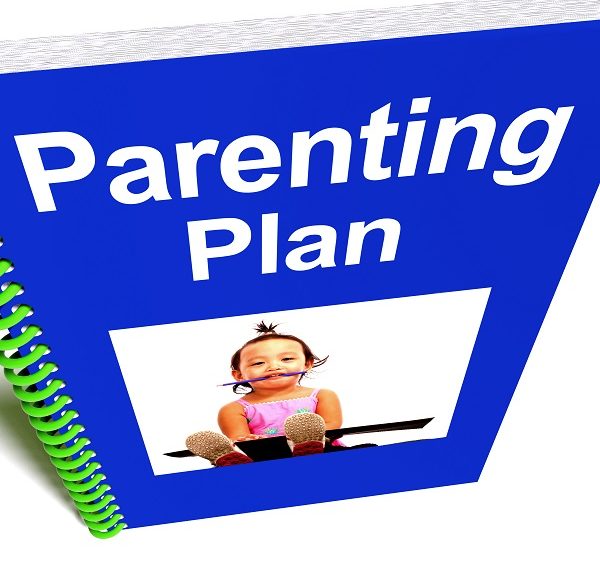Spouses sometimes come into a marriage with debt and also separately incur debt during the course of the marriage. Sometimes these liabilities are known by the non-incurring spouse, and sometimes they are not. The basic rule in California is that both parties are liable for any marital debt accumulated during the marriage but before separation. This is true whether or not one of the parties even knew it was incurred.
Debts owed by a party prior to marriage, known or not to the spouse, are not the debt of the non-incurring spouse. At the time of a divorce, community property—property accumulated during the marriage—is used to satisfy community debt. If there is not sufficient community property to satisfy the debt, then both parties are assigned a portion of the debt to be paid from their own funds post-divorce.
Couples can sign pre-nuptial or post-nuptial agreements that allow debts incurred during marriage to be treated as separate debts under certain circumstances. For example, they might agree that a debt incurred unilaterally, with only the incurring party’s income and liabilities qualifying for the debt, is the separate debt of that party. Such agreements must be drafted carefully to ensure they are legally defensible if that becomes necessary.
Debt incurred by a spouse after separation but before divorce is that spouse’s debt, and the other spouse is not liable from her separate funds or her share of community property. There is but one exception to this rule: when the debt is incurred to provide the “necessaries of life” for the debt-incurring spouse and the separation is not by formal agreement.
If you need assistance in a family law proceeding, you should consult with an experienced California lawyer, especially if there are significant questions of debt and property ownership. The attorneys at the Law Offices of Judy L. Burger will provide authoritative legal support tailored to your specific situation. Make the call today to learn how our attorneys can help: (415) 293-8314.











